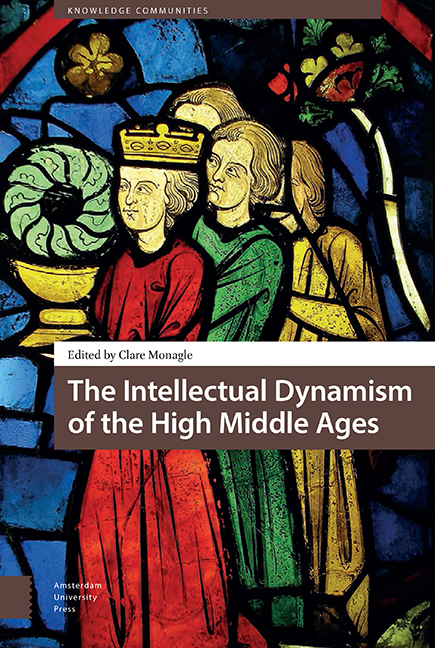Book contents
3 - Authority and Innovation in Bernard of Clairvaux's De gratia et libero arbitrio
Published online by Cambridge University Press: 16 July 2022
Summary
Abstract
Twelfth-century scholastics are renowned for their willingness to reassess and to criticize patristic authorities, with monastic authors typically understood as far more conservative in this regard. Bernard's treatise revises that view. It reflects Bernard's willingness to depart sharply from the late Augustine on grace and free will and to invoke a patristic-age monastic authority, John Cassian, in so doing. Bernard's own position, accenting the liberty of our postlapsarian free will and its full collaboration with divine grace, displays both his uses of, and departures from, these two authorities.
Keywords: Bernard of Clairvaux, Scholasticism, Divine Grace, Free Will
‘The Magisterium has proposed no definitive positive teaching on the precise relationship between divine causality and human free choice’. So writes Robert J. Matava in 2016, surveying the debates from Augustine to latter-day neo-Thomists. Matava's survey does not include Bernard of Clairvaux. Yet, Bernard's De gratia et libero arbitrio (c. 1128) contains a robust defense of the will's freedom from necessity. Exercised along with grace, it yields freedom from sin and freedom from misery in the next life. While Bernard's three freedoms became a standard item in the scholastic inventory, his account of freedom of choice, the theme of this chapter, is distinctive, in itself and in the light of his available authorities.
Thus far, scholars have contextualized De gratia in various ways. Some read it in continuity with philosophical traditions such as Platonism and Neoplatonism, Aristotelianism, Stoicism, Thomism, late medieval voluntarism, or even with thinkers as recent as Descartes and Nietzsche. More typically, scholars treat it as the work of Bernard as a mystic or a neo-Augustinian ‘last of the Fathers’. Those who consider more recent sources have settled on Anselm of Canterbury. The De gratia reflects both agreement with Anselm and departures from him. Far less attention has been paid to John Cassian, an author cited as a patristic authority in the early Middle Ages, recommended in the Rule of St. Benedict, and familiar to all in the Benedictine tradition. As this chapter argues, it is largely from Cassian's Collations that Bernard derived his strategy for defending the will's freedom from necessity, against Augustine, Anselm, and Cassian himself.
- Type
- Chapter
- Information
- The Intellectual Dynamism of the High Middle Ages , pp. 63 - 82Publisher: Amsterdam University PressPrint publication year: 2021

